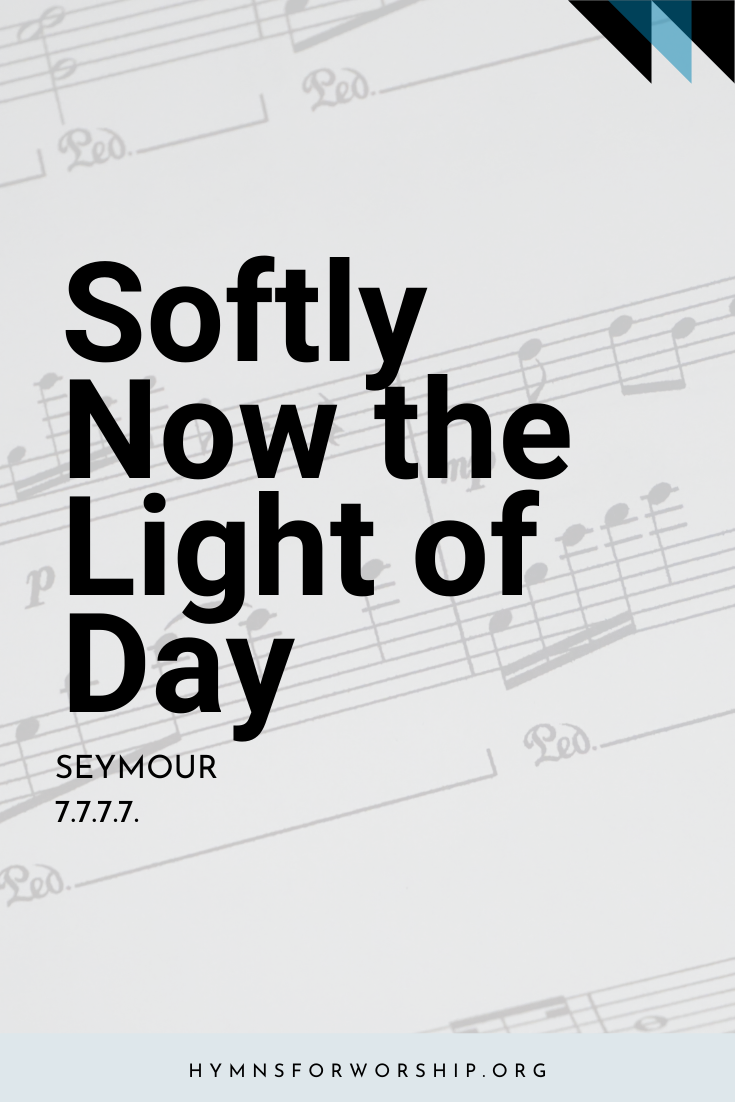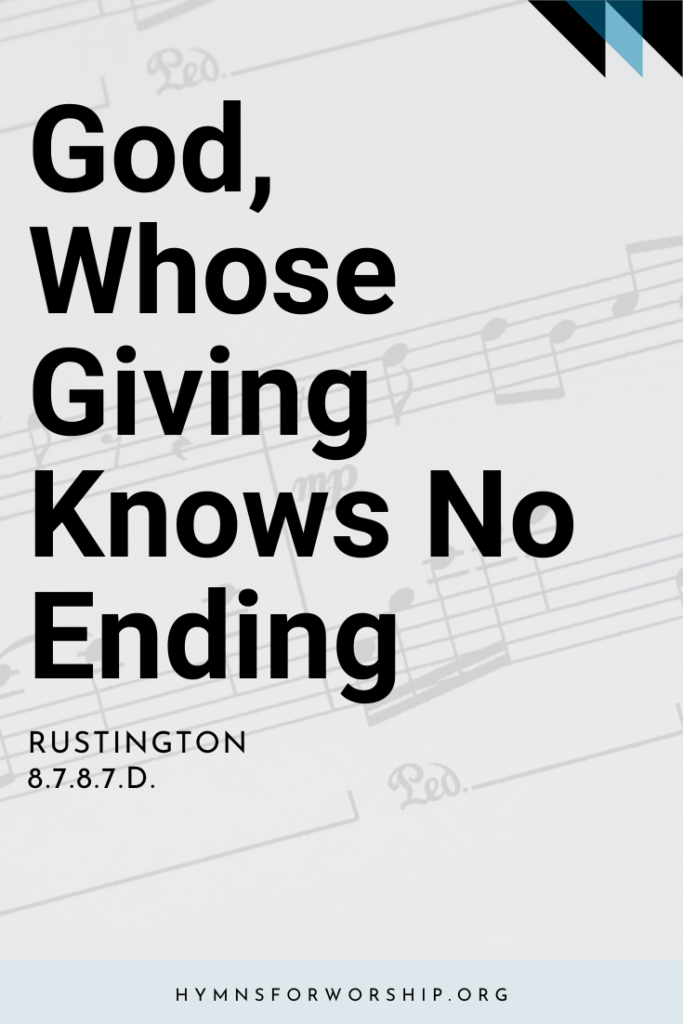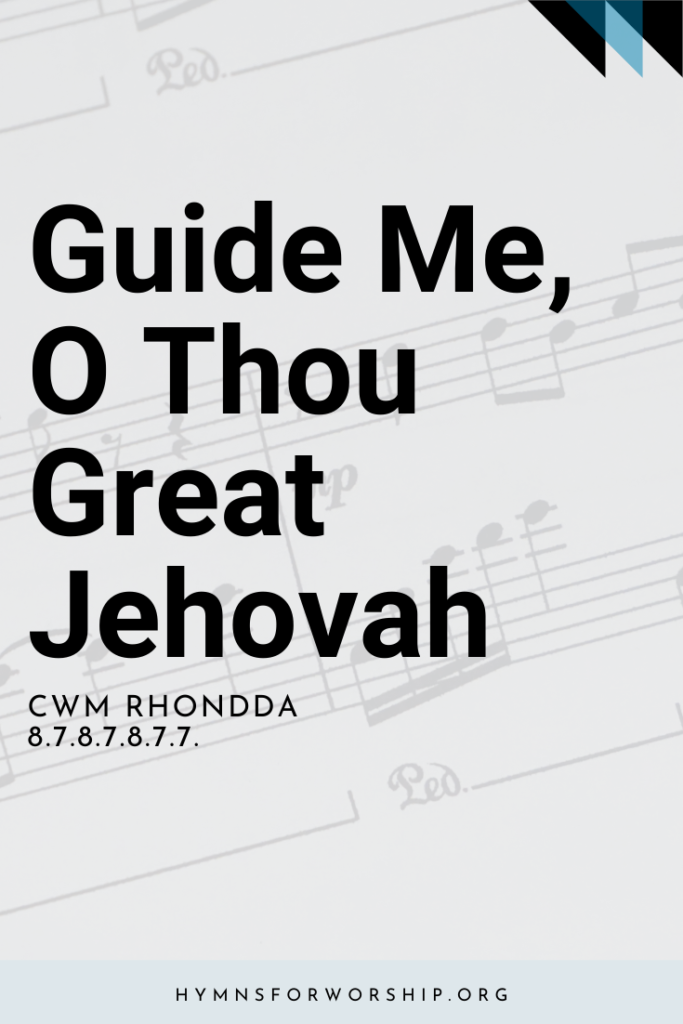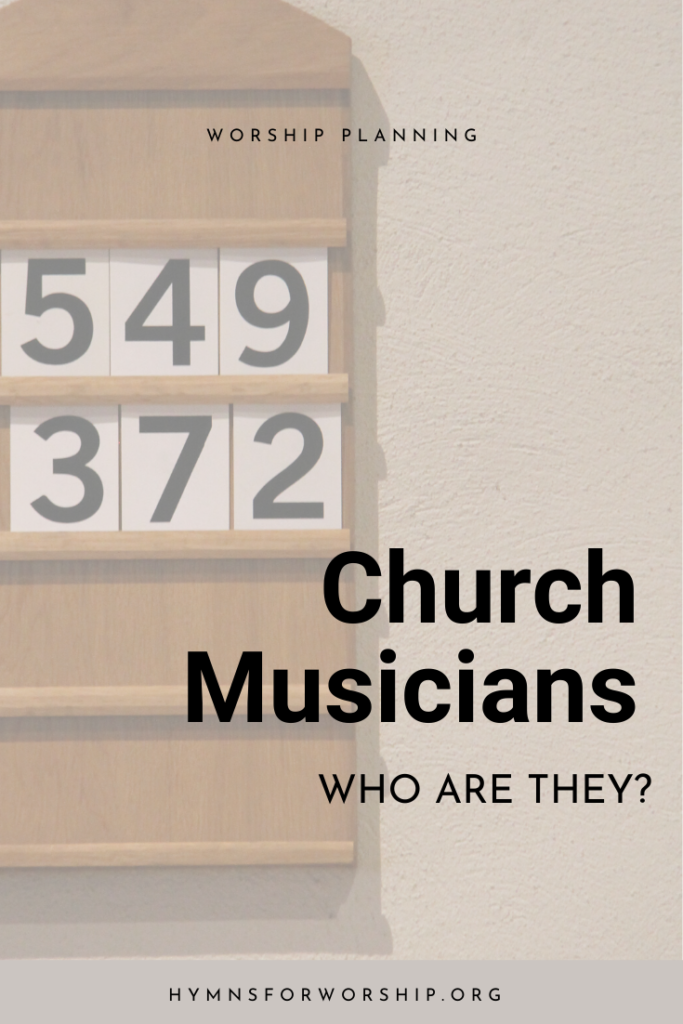WORSHIP >> EVENING WORSHIP
SDAH 48
Softly now the light of day
Fades upon out sight away:
Free from care, from labor free,
Lord, we would commune with Thee.
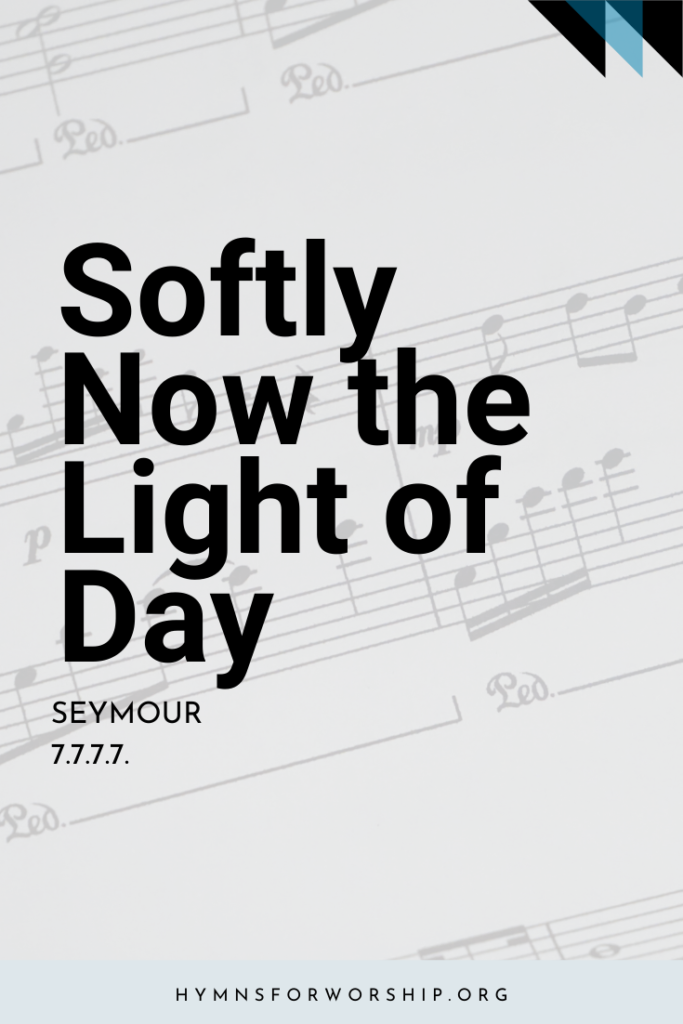

Text
1
Softly now the light of day
Fades upon out sight away:
Free from care, from labor free,
Lord, we would commune with Thee.
2
Thou, whose all-pervading eye
Nought escapes, without, within,
Pardon each infirmity,
Open fault, and secret sin.
3
Soon from us the light of day
Shall forever pass away;
Then, from sin and sorrow free,
Take us, Lord, to dwell with Thee.

Hymn Info
Biblical Reference
(a) Ps 141:2 (b) Ps 19:12
Author
George W. Doane (1799-1859)
Year Published
1824
Hymn Tune
SEYMOUR
Metrical Number
7.7.7.7.
Arranged from
Carl M. von Weber (1786-1826)
Year Composed
1826
Theme
EVENING WORSHIP
Hymn Score
Piano Accompaniment
Recommended Reading
The general idea when it comes to hymns is that there is a close bond between the author and the composer. That the author writes a hymn and the composer invents a tune to suit it, and then provides the harmony to accompany the tune. However, such wasn’t always the case.
Many hymns actually worked vice versa wherein authors would write verses according to existing tunes. Hundreds of hymns are sung from borrowed tunes, such as secular songs, chants, and even classical works. That being said, I went ahead and researched which hymns in the SDA Hymnal were originally classical works.

Notes
Get to know the hymns a little deeper with the SDA Hymnal Companion. Use our song leader’s notes to engage your congregation in singing with understanding. Even better, involve kids in learning this hymn with our homeschooling materials.
George Washington Doane was born in Trenton, New Jersey, May 27, 1799, and graduated from Union College, Schenectady, New York, in 1818 with high honors. He practiced law for two years, but then studied for the ministry; in 1823 he was ordained a priest in the Protestant Episcopal Church. He was appointed professor of rhetoric and literature at Trinity College, Hartford, Connecticut. It was here in 1824 that he published hi Songs by the Way, which contained this hymn poem headed “Evening” and with one other stanza:
Thou who, sinless, yet has known
All of man’s infirmity;
Then, from Thine eternal throne,
Jesus, look with pitying eye.
In 1828 Doane was appointed rector of Trinity Church, Boston, and in 1832, bishop of New Jersey. He was the leader of the missionary movement in the Protestant Episcopal Church and founded St. Mary’s Hall, Burlington, New Jersey, in 1837 as a college for girls. The students there always sang this hymn for their Wednesday vesper service. He also founded Burlington College, an institution for men in 1846. He died April 27, 1859, at Burlington.
The tune SEYMOUR is an arrangement of the opening chorus of Oberon, written 1824 to 1826, the last opera of Carl Maria Friedrich Ernst von Weber (1786-1826). The arrangement was made by Henry William Greatorex (1813-1858; see SDAH 315) in 1851. Born in England, he came to the United States in 1839 and served as organist at the Center Church, Hartford, Connecticut.
He named the tune to commemorate a bass singer in the choir. Greatorex also contributed SDAH 315, MANOAH, and composed SDAH 660, GLORIA PATRI. In 1853 he moved to Charleston, South Carolina, where he died of yellow fever.

